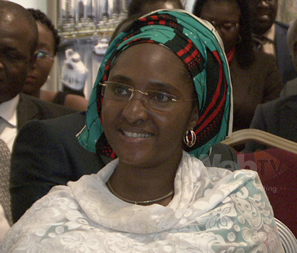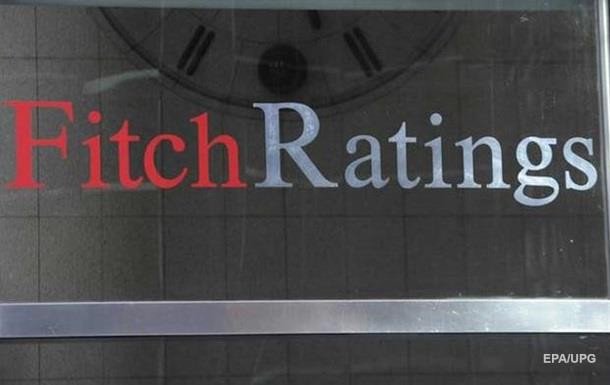Fitch Ratings, on Friday, affirmed Nigeria’s Foreign-Currency Issuer Default Rating (IDR) at ‘B’ with a Stable Outlook, based on what it said is the large size of the economy, a low general government debt-to-GDP ratio, small foreign-currency (FX) indebtedness and a comparatively developed financial system with a deep domestic debt market.
The rating could have been better, but for the particularly weak fiscal revenue, comparatively low governance and development indicators, high dependence on oil revenue, continued weak growth, heightening inflation, external liquidity pressures that were magnified by the 2020 pandemic-related shock, as well as weak resilience to adverse external developments.
Despite the gradual and moderate exchange-rate depreciation over the last year, the report said the naira remains overvalued, warning that the persistent double-digit inflation under a tightly managed multiple window exchange-rate regime could drive further misalignment of the currency relative to fundamentals.
Such currency overvaluation, it warned, will hamper a correction of external imbalances, even as “Nigeria’s longstanding current account (CA) surplus shifted to a deficit of 4.2% of GDP in 2019, driven by a fast rise in imports. We estimate a stable CA deficit of 4.2% of GDP in 2020, as import compression from domestic demand contraction and restrictions on FX access offset a slump in hydrocarbon exports and remittances.”

Downward pressures on the Naira and continued CA deficits, the report added, could strain international reserves, amid a subdued outlook for FDI and portfolio inflows. At their current level, international reserves would cover five months of the forecast current account payments in 2021, better than the forecast ‘B’ median of 4.2 months.
Plans by the Nigerian government to enhance external concessional borrowing and a possible sovereign Eurobond issuance, it continued, could support FX reserves, at a time the Central Bank of Nigeria (CBN) estimates that it has cleared most of the backlog of FX demand by foreign portfolio investors, put at around US$2bn through spot and forward FX sales.
“However, Fitch believes a backlog of FX demand for imports and capital repatriation will still constitute a sizeable drain on reserves should FX supply normalise. Continued FX restrictions could protect reserves, but protracted hard-currency scarcity would harm production, spur inflation and forestall a recovery in international investor confidence.”
The outlook for public finances, it stressed, is mostly a function of oil revenues, given the low level of non-oil fiscal receipts, while there is little leeway to further reduce spending.
“We foresee little progress on boosting tax revenue in the medium term due to compliance issues, administrative capacity challenges and resistance to the phasing out of tax credits.”
Government’s deficit could drop to 4% of GDP in both 2021 and 2022, from 6.3%
in 2020, it stressed, better than the forecast ‘B’ median of 7% and 4.8%, respectively, helped by the rebound in oil prices to well above the level assumed in the 2021 budget and the revival in economic growth.
This optimism, Fitch stressed further, is based on its projected average Brent oil prices of US$58 per barrel in 2021, a significant increase over the Federal Government’s budget benchmark of US$40/barrel, and US$53/barrel next year.
“We expect Nigeria’s oil production volume to average 1.87m barrels per day in 2021 (FGN mbudget assumption: 1.86mbpd) and 1.95mbpd in 2022, up from 1.76 mbpd in 2020, assuming compliance with the production ceilings stipulated under the most recent OPEC+ agreement,” the report noted.
The report listed major factors that could, individually or collectively, lead to positive rating action, or upgrade as a stronger resilience of external finances from a durable recovery in international reserves or resumption of current account surpluses, and exchange-rate regime reform addressing Nigeria’s ongoing external vulnerability.
The country, Fitch added, needs a credible path to the stronger mobilization of domestic non-oil revenues sufficient to significantly lower the particularly high debt- and interest-to-revenue ratios, just as conscious efforts must be made to address weaknesses in the fiscal policy framework. This, it continued, is illustrated by a reinstatement of the fuel price subsidy or continued large government financing by the central bank, particularly if it exceeds institutional safeguards.








